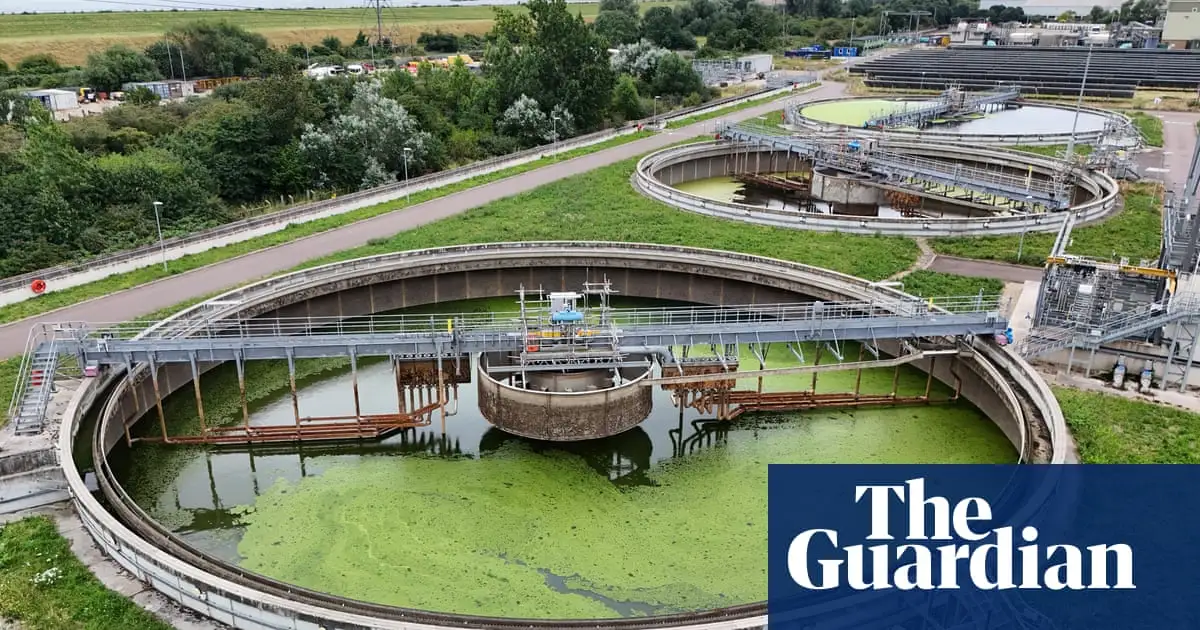The tax relief on new plant and machinery announced by Jeremy Hunt as chancellor in 2023 was billed as a major part of the solution to the problem of Britain’s low economic productivity. Labour supported the measure at the time and have now promised to make it permanent.
An analysis by the thinktanks Demos and Common Wealth has found that the measure, known as full expensing, will cost nearly £30bn in lost tax revenue and spur a maximum of £10.5bn in fresh investment. The Treasury says the move will generate £15bn in investment, still only half what it has cost the taxpayer.
Andrew O’Brien, policy director at Demos, said: “Full expensing is not the silver bullet to boost business investment that some had hoped.”
…
Under the measures rolled out in 2023, companies can offset the full cost of any new IT equipment, plant and machinery against tax.
The move was designed to boost Britain’s low investment, which has been the weakest of any G7 country for several years as a proportion of economic output. Many economists blame this lack of investment by British companies for the country’s low productivity rates, which have never recovered since the 2008 financial crash.



There’s also questions about whether this black hole even exists.